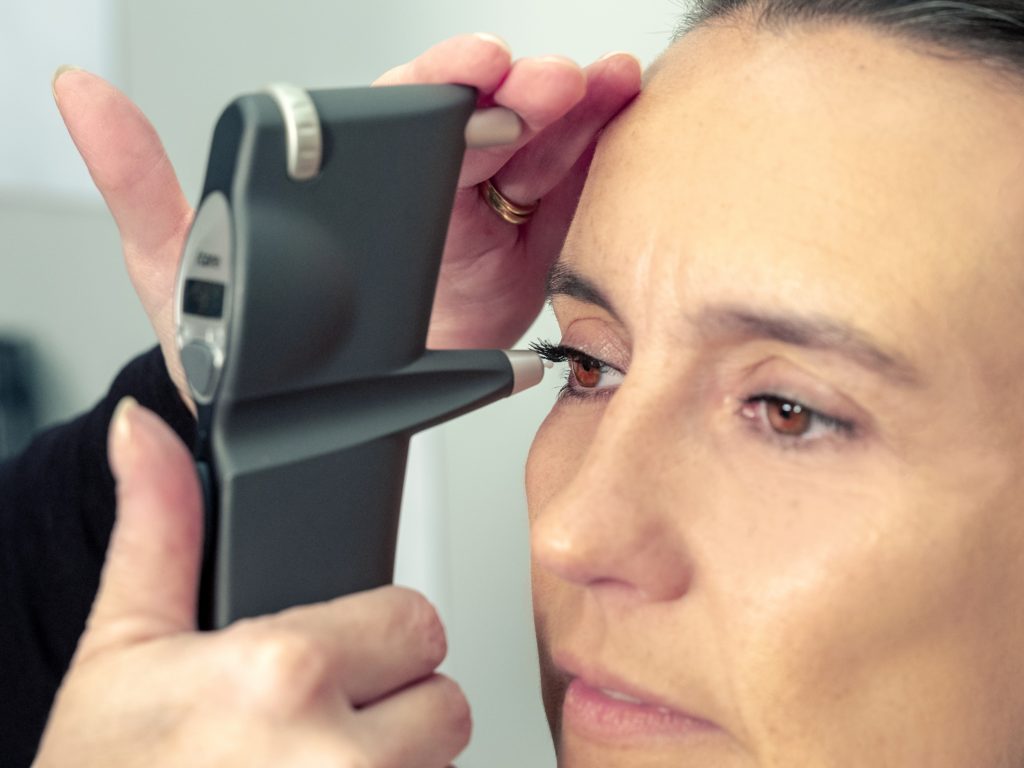
The fees paid by the Scottish Government to optometrists for carrying out NHS-funded eye examinations will increase by 3% – helping to ensure everyone can continue to access high quality eye care.
Scotland became the only UK nation to introduce free universal NHS-funded eye examinations in 2006 and, the year before the COVID-19 pandemic, 2018-19, a record 2.3 million people had their eyes examined by an optometrist under this service.
This increase will be backdated to include all General Ophthalmic Services (GOS) eye examinations, which provide both a sight test and an eye health check, undertaken from 1 April 2021.
Public Health Minister Maree Todd said: “General Ophthalmic Services is one of the many NHS success stories in Scotland. The introduction in 2006 of free universal NHS-funded eye examinations set Scotland apart from the rest of the UK, and this Government is committed to maintaining this policy.
“Increasing the fees paid to optometrists for providing this vital service ensures everyone in across the country can continue to access high quality eye care services.
“Even if you’re happy with your vision, it’s really important to have your eyes examined regularly by an optometrist. An eye examination helps detect eye problems and signs of other significant health conditions such as diabetes, high blood pressure and cardiovascular disease before they become more serious.
“Many community optometrists can manage the treatment of certain eye conditions and are able to prescribe treatments to patients instead of having to make a GP or hospital referral.
“I would also like to thank everyone in the community optometry sector for their invaluable work and dedication in response to the pandemic – staffing Emergency Eyecare Treatment Centres during the initial phase of the pandemic, supporting the vaccine programme and the outstanding efforts made in returning to delivering pre-pandemic levels of care.”

David Quigley, Chair, Optometry Scotland said: “We welcome the announcement of a 3% increase to GOS fees. These are significant developments which acknowledge the excellent service provided by community eyecare colleagues across Scotland.
“We have campaigned for an increase and implementation of a sustainable funding model to safeguard and enhance the future of community optometry, and thanks to a strong working relationship and ongoing constructive dialogue with the Scottish Government we are pleased to see this come to fruition.”

